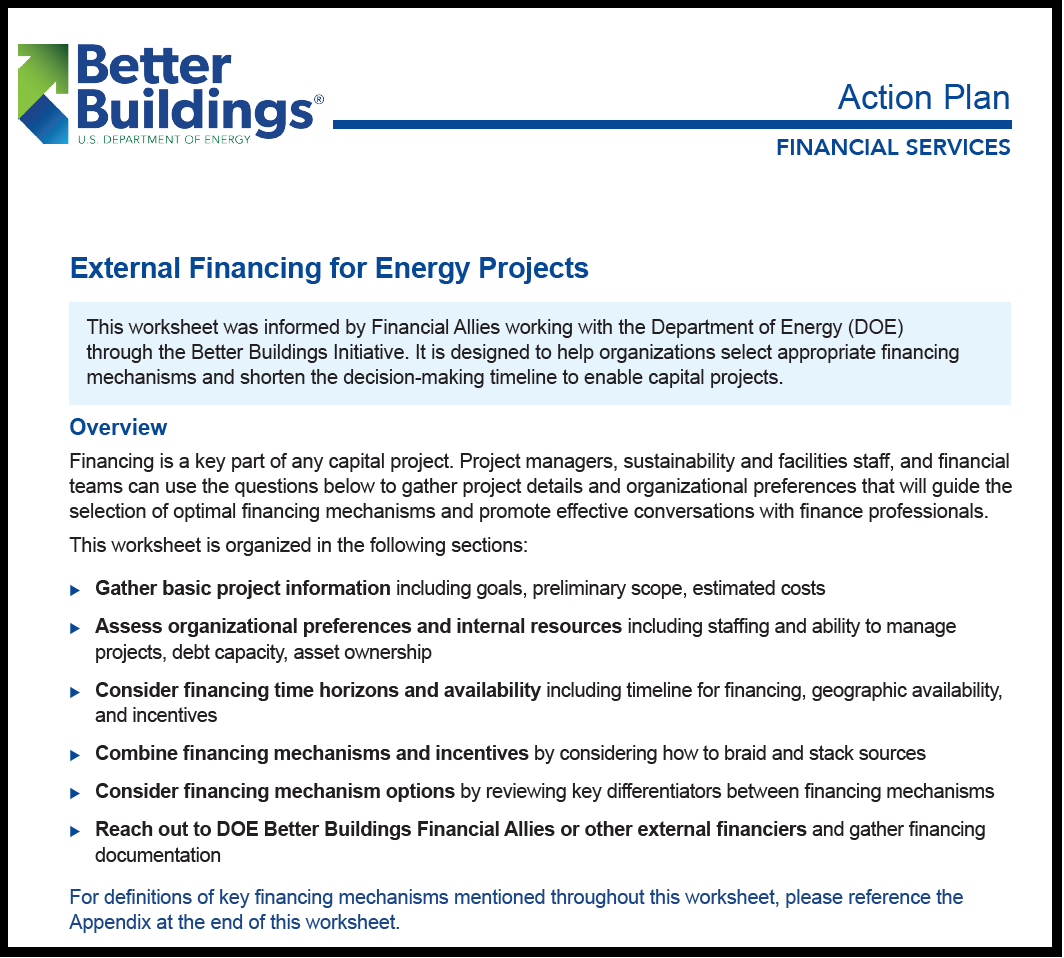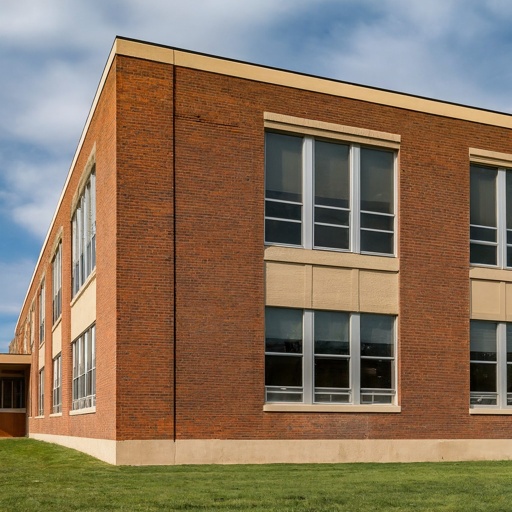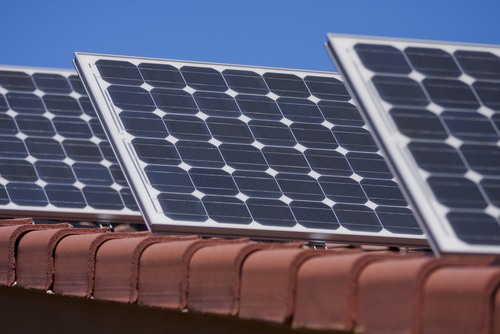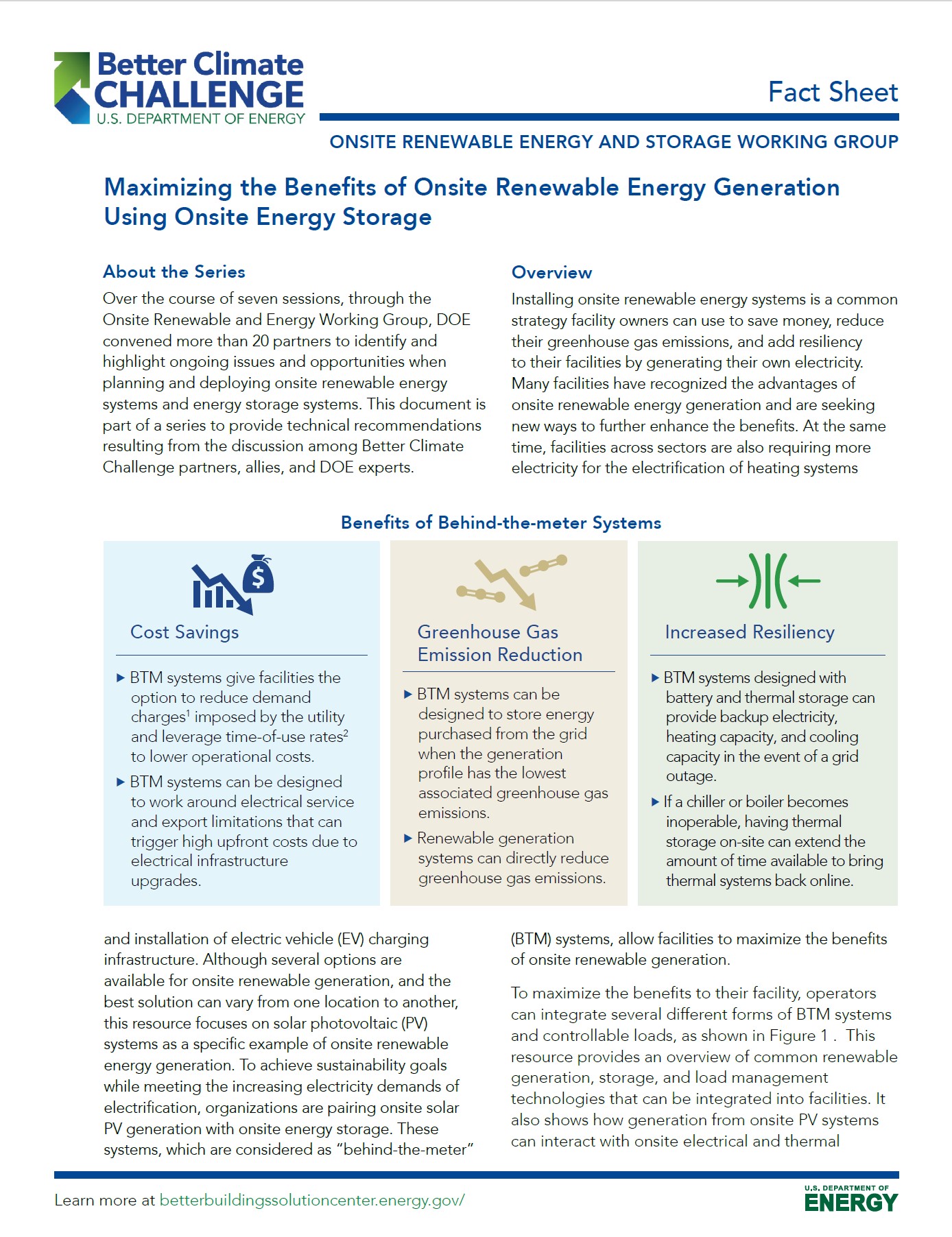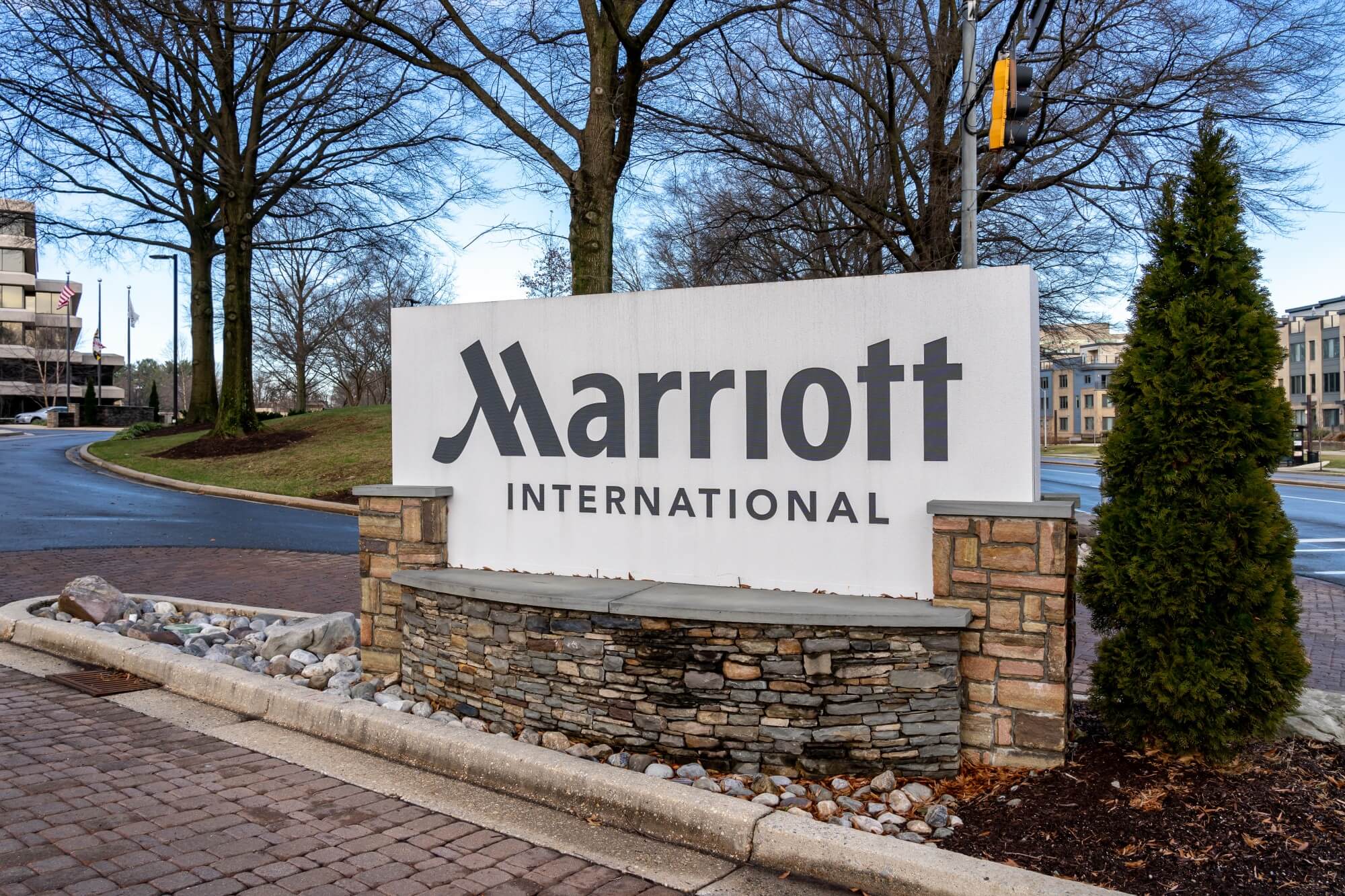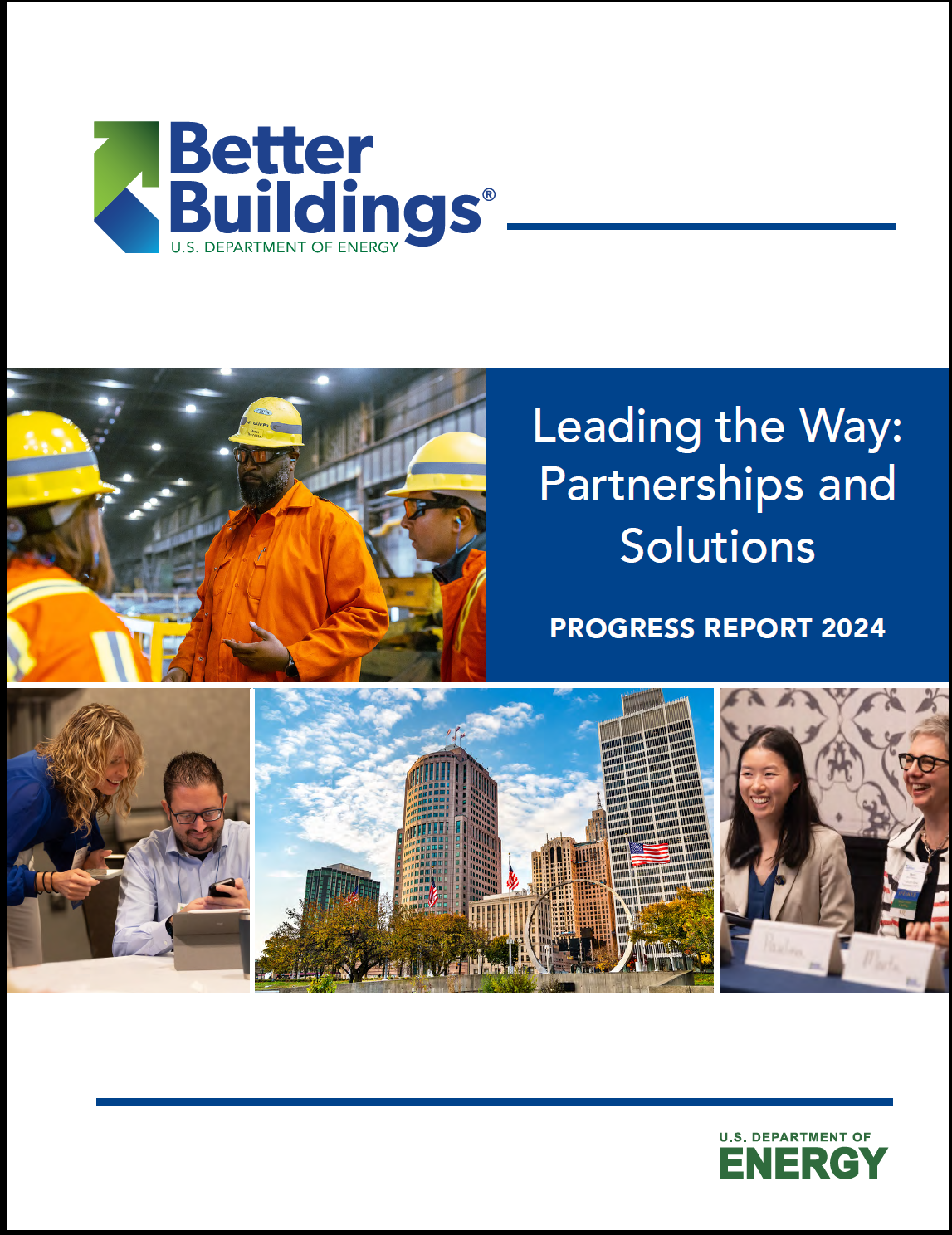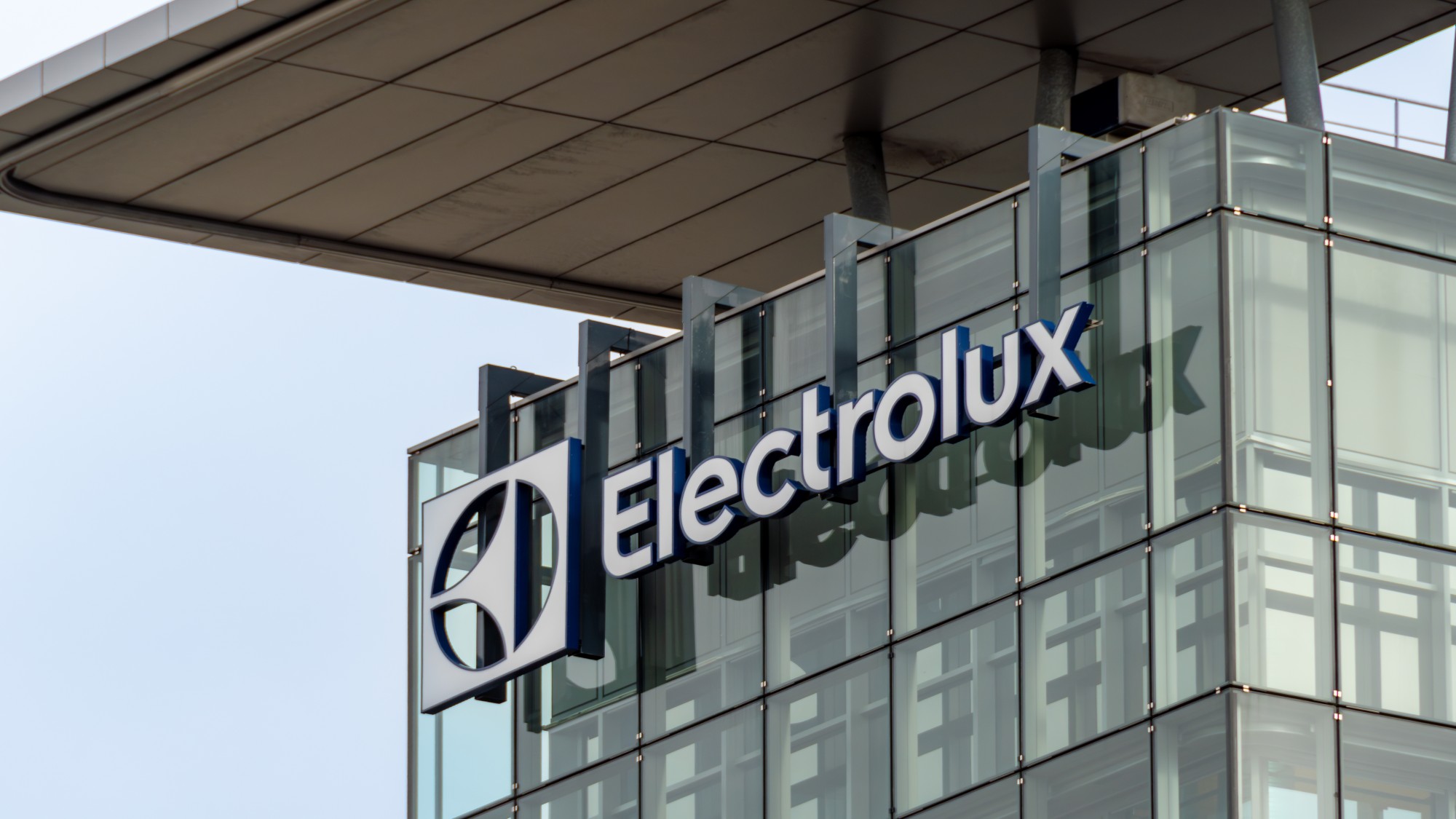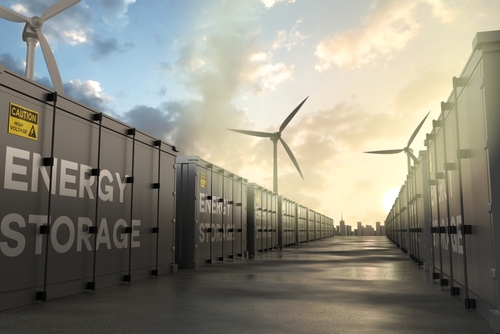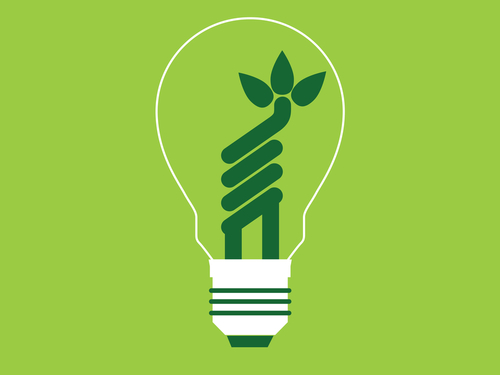Energy Management Articles
Blog posts tagged with "better buildings"
Action Plan: External Financing for Energy Projects
Financing is a key part of any capital project. In this worksheet from the Department of Energy through the Better Buildings Initiative, organizations can select appropriate financing mechanisms and shorten the decision-making timeline to enable capital projects.
Energy Savings Performance Contract Cuts Cost, Reduces Energy Consumption Energy at Memorial Elementary School
As part of a larger energy savings performance contract (ESPC) in its district, Hart County Schools’ Memorial Elementary School instituted changes that achieved a 66% reduction in energy usage. Through the ESPC with CMTA, a Better Buildings Design and Construction Ally, the school implemented a geothermal ground source heat pump system as well as energy efficiency upgrades after a detailed audit. In this column, learn more about the project that has reduced energy consumption and generated substantial utility cost savings while improving the learning environment.
Case Study: Hawaiʻi Island Retreat
Hawaiʻi Island Retreat, a 20-room eco-boutique sustainable hotel, operates on 100% onsite renewable energy generation from solar photovoltaic, solar thermal, a wind turbine, and a battery energy storage system and an emergency generator. In a case study from Better Buildings, learn more about the hotel's journey to operate completely off-grid — including project development, evolution, costs and community benefits.
Sunrise Opportunities: Strategic Planning and Budgeting for Cold Climate Heat Pump Implementation
Located in Washington County, Maine, Sunrise Opportunities (Sunrise) is a rural, grassroots nonprofit organization serving families, seniors, and people with disabilities for over 60 years, operating an older housing stock across seven buildings in one of the coldest climates in the U.S. In this column from Better Buildings, learn how Sunrise planned for HVAC heat pump installation through a capital needs planning process, maintaining oil heating as a backup during the coldest months, and engaging residents to understand the new technology.
Maximizing the Benefits of Onsite Renewable Energy Generation Using Onsite Energy Storage
Facility owners seeking to reduce their operating costs, lower greenhouse gas emissions, and build resiliency at their facilities can benefit from installing onsite renewable energy generation and onsite energy storage systems. DOE convened more than 20 partners to identify and highlight ongoing issues and opportunities when planning and deploying these behind-the-meter systems.
Marriott International Implements Data Automation Tools & Artificial Intelligence for Scope 3 Emissions Reporting Enhancements
As scope 3 emissions reporting becomes of increased interest, Marriott International (Marriott) decided to improve its data management practices by implementing an AI solution. In this column from Better Buildings, learn how this solution helped the Marriott achieve a 5-10% reduction in scope 3 emissions and a decrease in the number of labor hours required.
Bullitt County Public Schools: Energy Savings Performance Contract for Necessary Building Upgrades and Efficiency Improvements
Kentucky's Bullitt County Public Schools (BCPS), in the face of rapidly rising utility rates and failing essential building equipment, signed two separate Energy Savings Performance Contracts (ESPCs), which provided the capital to implement enhanced data tracking procedures and building automation systems, install high-efficiency lighting fixtures, and upgrade HVAC and boiler equipment to reduce utility usage and save money. In this column from Better Buildings, explore BCPS's challenges, process and results.
St. John Properties Headquarters’ Integrated Energy Efficiency Solutions
St. John Properties headquarters in Baltimore, Maryland, implemented a series of energy efficiency upgrades between 2018-2021 that resulted in over 225,000 kWh of energy savings and $12,500 in cost savings annually. Take a closer look at the changes the company implemented that also ensured operational excellence and sustained efficiency.
2024 Better Buildings Initiative Progress Report
The 2024 Better Buildings Initiative Progress Report from the U.S. Department of Energy highlights the achievements of DOE’s Better Buildings public and private sector partners as they decarbonize and increase the energy efficiency of the nation’s buildings, manufacturing plants, and homes.
Electrolux Group Drives Climate Action through the Green Financing Framework and Long-term Incentive Program
With three manufacturing plants, three research and development centers, 11 distribution centers, and over 6,000 employees in the United States, Electrolux Group is strongly committed to driving sustainability throughout its operations. In this column from Better Buildings, learn how the organization developed two key practices: the Green Financing Framework and the Long-term Incentive Program (LTI) to achieve its sustainability goals.
Better Climate Challenge: Onsite Renewable Energy and Storage Working Group Report Out
The Better Climate Challenge's Onsite Renewable Energy and Storage Working Group Report Out looks at technologies deployed, barriers hindering implementation, biggest needs, and primary motivations — and includes contributions from W.L Gore & Associates, Ford Motor Company, Colgate-Palmolive and others on lessons learned.
The Sherwin-Williams Company: Accelerating Energy Reduction Initiatives Through Third-Party Audits
To achieve its Scope 1 and Scope 2 sustainability goals of reducing GHG emissions by 30%, Sherwin-Williams recognized the need for external energy audits to identify new opportunities and accelerate energy and emissions savings. In this Better Buildings column, find out how third-party audits produced energy reduction opportunities for the company with a potential of 7.7 million kWh in energy savings and a GHG emissions reduction potential of 10,000 metric tons of CO2.
City of Norfolk: Watts Going Down Energy Efficiency Campaign
In 2022, Norfolk City Council adopted a resolution around the commitment to reduce energy consumption by 20% as part of the Better Buildings Challenge. To increase awareness of participation, the City’s Environmental Sustainability Division created the Watts Going Down, Norfolk campaign, which has engaged 87% of City staff.
Fact Sheet: Thermal Energy Storage in Commercial Buildings
Combining on-site renewable energy sources and thermal energy storage systems can lead to significant reductions in carbon emissions and operational costs for building owners. Learn about the latest developments in thermal energy storage for commercial buildings in the new fact sheet, "Thermal Energy Storage in Commercial Buildings: State-of-the-Art Technologies and Practical Considerations for Implementation" from the U.S. Department of Energy's Better Buildings Initiative.
Case Study: Marriott Infrastructure Resilience & Adaptation (MIRA) Program
The Marriott Infrastructure Resilience and Adaptation (MIRA) Program is tasked with evaluating climate-related risks across the hotelier's global portfolio of nearly 8,600 properties across 139 countries and territories. This case study from Better Buildings explores MIRA's four-step strategy. results achieved, and keys to success.
Building Operators: Grid and Occupant Training
The Northwest Energy Efficiency Council partnered with Northeastern University and Washington State University to expand its Building Operator Certification® (BOC) training. In this case study from Better Buildings, learn how the program is emphasizing grid-interactive efficient buildings and occupant-centric controls with a focus on an entry- and pre-entry-level workforce.
MGM Resorts’ 100-Megawatt Solar Array: Climate Action Through Solar Farming
MGM Resorts International made significant headway on its emissions-based goals through installing a 100-megawatt solar array and other initiatives. In this case study from Better Buildings, dive into how the company's Las Vegas portfolio has so far achieved a 41% emissions reduction since 2019.
Case Study: Daimler Truck North America Plant – Detroit®
Daimler Truck North America Plant in Detroit has achieved its third certification in the U.S. Department of Energy's Superior Energy Performance 50001 (SEP) program. This case study from Better Buildings explores how the plant has continued to use ISO 50001 and SEP 50001 to measure and evaluate energy use and identify additional ways to reduce it.
DOE Recognized 14 Organizations for Excellence in Integrated Lighting
Through the Better Buildings Initiative’s Integrated Lighting Campaign (ILC), the U.S. Department of Energy recognizes the use of advanced lighting by building owners and managers for increased building efficiency and comfort. Read on to learn about the organizations leading the adoption of advanced lighting controls and integrated lighting.
3M Achieves 34 Superior Energy Performance 50001™ Certifications
As a science-based Fortune 500 company, 3M focuses on producing innovative products while prioritizing sustainability as a core value throughout the company. In this column from Better Buildings, learn how 3M integrated the systematic ISO-based “plan-do-check-act” framework into on-site energy management practices, resulting in reduced energy use and costs, expanded employee engagement, and improved insight into energy performance at dozens of sites.
Better Climate Challenge Road Show
The U.S. Department of Energy’s Better Climate Challenge is here! Hop in the EV and hit the open road with the DOE team. For Season One, energy experts visited Nashville, TN to see how partners Nissan, Chemours, and Whirlpool are working to reduce their emissions by 50% within 10 years. Watch the full series and be sure to scroll through the photo gallery for a peek behind the scenes!
Maloney Properties: Portfolio Management for Emissions Goal Tracking
Maloney Properties manages multifamily housing properties owned by third parties, many of which are subject to emissions reduction goals established by ordinances in the cities of Boston and Cambridge, Massachusetts. In this column from Better Buildings, explore how the company created an Excel-based tracking tool to monitor changes in site Energy Use Intensity (EUI), ENERGY STAR Score, and compare calculated emissions scores per building to city targets to evaluate compliance.
LBA Realty: A Comprehensive, Building-level Approach to Reducing Energy and Emissions
LBA Realty developed a systematic, multistep approach to reducing energy use and GHG emissions at One Culver, an 8-story mixed-use office property in Los Angeles. In this column from Better Buildings, learn how the company pursued a renewable energy contract, installed window tinting, altered the energy management system, and performed audits to identify retro-commissioning opportunities.
Case Study: Meeting Building Energy Performance Standards at The Westory
Redevelopments to The Westory office building – originally opened in 1906 - expanded its footprint beyond limits set by Washington, D.C.'s Building Energy Performance Standard (BEPS). This Better Buildings case study outlines the challenges to reaching this standard, including an ASHRAE energy audit and developing a short- and long-term energy plan.
Sheetz: Green Building Technologies at Herndon, VA Store
Sheetz, Inc. is reducing the company’s environmental impact by adding utility-efficient technologies to new store designs and retrofitting existing stores accordingly. This column from the Better Buildings Solutions Center explores a new facility Sheetz is constructing a new facility in Herndon, VA, which will be the most energy-efficient building in its portfolio.
Connecting Electric Vehicle Charging Infrastructure to Commercial Buildings
Demand for EV charging at commercial buildings will significantly increase with wider mainstream EV adoption and as businesses return to more normal operations following COVID-19 pandemic disruptions. In the factsheet from Better Buildings and NREL, explore how EV chargers (EVC) can be connected to commercial buildings and the effects that charging will have on the building's electrical distribution system.
Case Study: How Brandywine Implements Social Equity and Carbon Reduction in Their Portfolio
In this case study, IMT and the Department of Energy’s Better Buildings Alliance highlight Brandywine Realty Trust, a long-time partner of Green Lease Leaders, and their notable work on incorporating social impact goals into their leasing practices.
Whole Foods Market Reaches, Exceeds Better Buildings Challenge Goal
In 2013, Whole Foods Market became the first grocery partner to join the Better Buildings Challenge, committing to a 20% improvement in energy use intensity by 2023 across its building portfolio of more than 12 million square feet. In this column, learn how Whole Foods Market surpassed that goal two years ahead of schedule, achieving a 21% energy reduction.
Better Buildings Progress Report 2022
The Department of Energy announced $15.3 billion in energy savings through the Better Buildings Initiative, a public-private partnership with more than 900 businesses, state and local governments, utilities, housing authorities, and other organizations across the U.S. In the 2022 Better Buildings Progress Report, members of the initiative share their solutions.
The Multiple Benefits of Energy Efficiency
Energy efficiency can save energy and money, but energy-saving projects often yield additional, quantifiable benefits that are frequently omitted from energy efficiency assessments. This blog from the Better Buildings Beat Team uncovers five key areas of additional benefits from energy efficiency.

